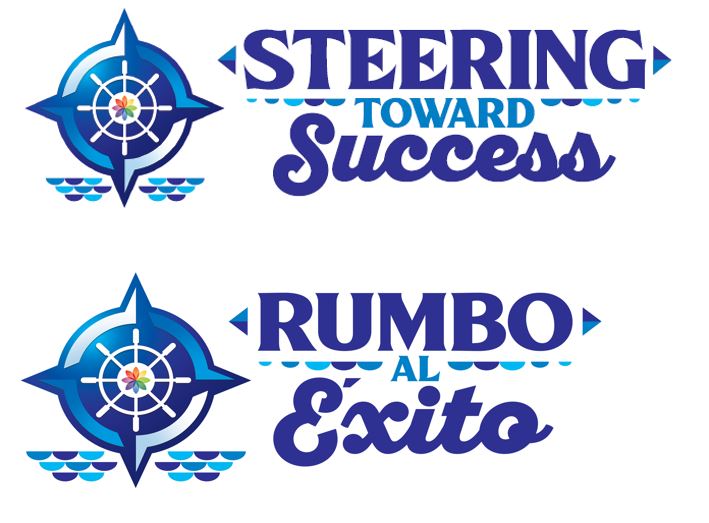Preschoolers
Share this page:

Looking for support as your child moves from early intervention into preschool or kindergarten? You’re in the right place.
This section of the EFRC Learning Library is designed for families of children ages 3 to 5 who may have developmental delays or disabilities. As your child grows, so do the systems of support. That’s why we’ve gathered trusted information, practical tools, and clear explanations to help you understand your rights and options.
Whether your child is just leaving Early Start or is entering the preschool years for the first time, we offer guidance on assessments, eligibility for special education under IDEA Part B, the Individualized Education Program (IEP) process, and how to collaborate with your local school district. We can also support you as you seek a smooth transition for your child into kindergarten when the time comes.
Have questions? Do not hesitate to reach out to us. Not only do we have professional training in disability service navigation….but all of us who support families are also parents of children or adults with disabilities. We have walked a similar road. You are not alone.
Links | Preschoolers
- YMCA Behavioral Consultation
- Jewish Family Services Behavioral Consultation (open to all faiths)
- Preschool special ed services (overview by Disability Rights CA)
- How to request an assessment from the school district
- Alternative Payment Program (childcare subsidy for low to moderate income families — can work for some private preschools)
- YMCA Enhanced Childcare Referral Service
- Regional Center Eligibility (ages 3+) (overview by Disability Rights CA)
- Medi-Cal disability waiver (overview by Disability Rights CA)
- In Home Supportive Services (IHSS) for children
- Social Security Income (SSI) for children
- California Children’s Services (CCS) San Diego County or Imperial
Get Support
IEP Training
Guides
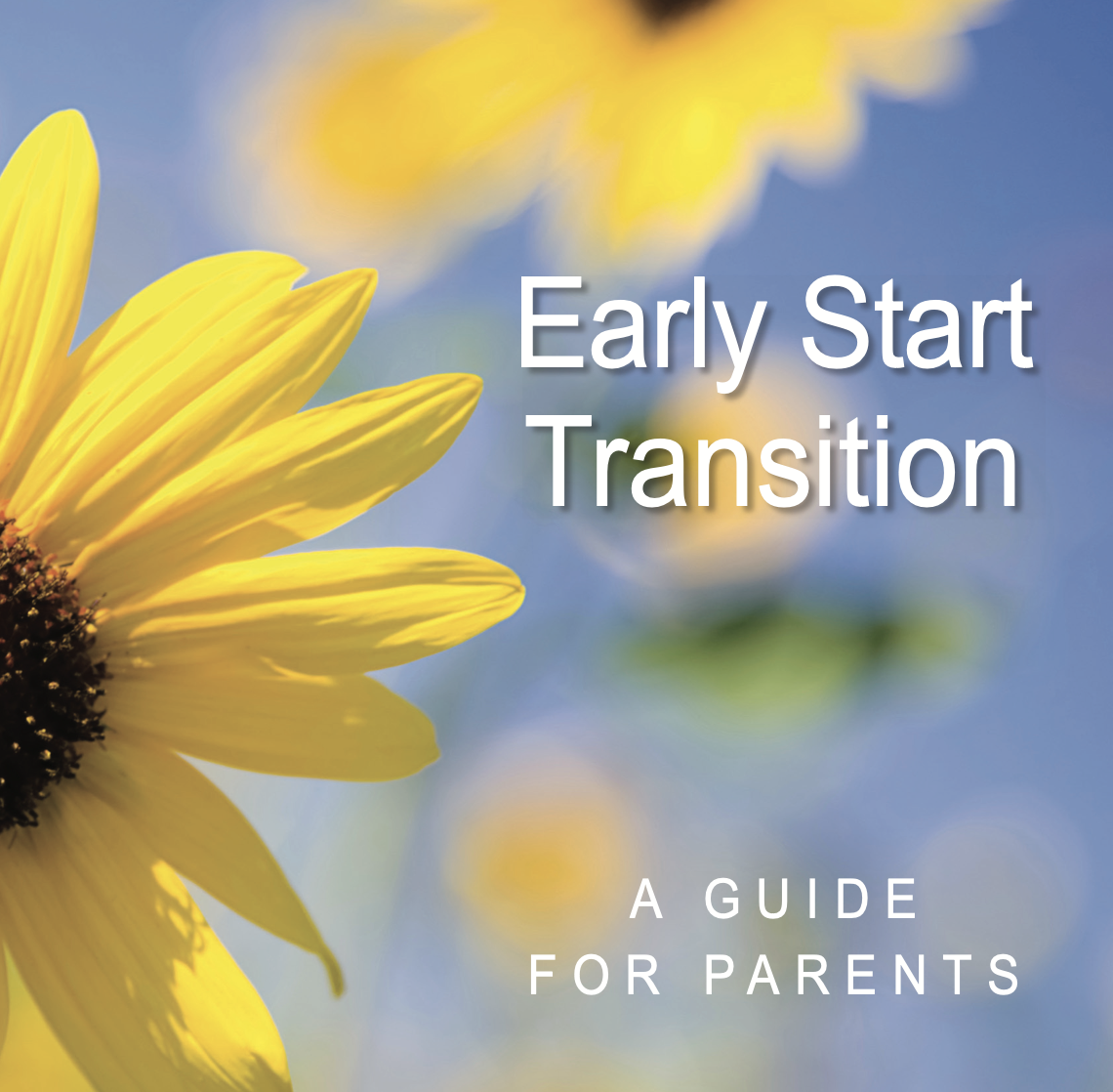
What to Know When Your Child Is Leaving Early Start
A downloadable PDF guide developed by EFRC.

Learning Library Resources | Ages 3-5

Individual Program Plan Basics
Learn how the new standardized IPP works, what’s required, and how to prepare for meetings that truly reflect your child’s or family member’s goals.

Holidays | Making Things Easier
Holidays can be stressful for any family. But when additional support needs are present, it can be even tougher. Check out these tips from the trenches on making holidays easier.

Helpful Home Strategies for Early Learning
Learn how to boost literacy, math, and social-emotional skills using everyday activities at home—no expensive curriculum or flashcards required.
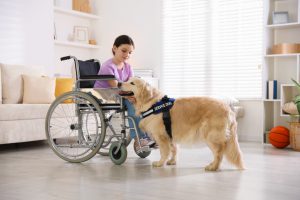
Smart Spaces: Making Your Home Fun & Functional
Learn how to design safe, sensory-friendly, and functional spaces for children with disabilities—on any budget—with artist and advocate Emily Dolton.
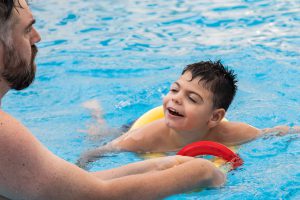
Water Safety
Expert swim coach shares practical water safety and swim lesson tips for children with disabilities, with San Diego and Imperial County resources.

Play for All Play Skills
Learn how play-based learning supports development, fosters inclusion, and builds lifelong skills for all children—especially those with disabilities.

Managing Holiday Stressors
A supportive conversation to reframe holiday stress and offer parents a compassionate path toward rest, connection, and emotional balance.

Promoting Healthy Eating Habits
Learn family-friendly strategies from UCSD’s Dr. Dawn Eichen on healthy eating, picky eating, and weight management—including tailored tips for children with autism.

Will There Be an Interpreter at Your Child’s IEP Meeting?
Learn how to work with professional interpreters in IEP meetings to ensure your voice is heard and your child’s needs are clearly understood.

Managing School Transitions
Learn how to create a portable IEP that ensures your child’s services continue smoothly when changing schools, with practical tips for every step of the move.

Air Travel Tips
TSA shares tips with EFRC families who will be traveling with individuals with disabilities. Topics include how to request support, navigate security smoothly, and use TSA PreCheck.

Neurodiversity in Children’s Literature
Children’s author Sally J. Pla shares empowering books that center autistic and neurodivergent kids, plus tips for choosing inclusive, authentic stories.

Applying to SSI: Tips from Disability Rights California
Learn how the SSI process works for children and adults with disabilities, what information to include, and how to clearly document real limitations to support an accurate eligibility decision.

California Early Start and Individualized Family Service Plans (IFSP)
A step-by-step guide to Early Start services, IFSPs, and transition planning for families in San Diego and Imperial Counties.
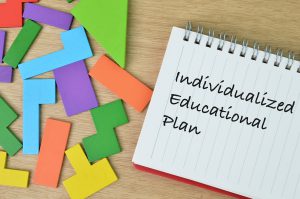
Individualized Education Plan (IEP) Basics
Learn how to become a confident IEP team member. This foundational training covers special education law, evaluations, eligibility, and how to meaningfully participate in IEP meetings.
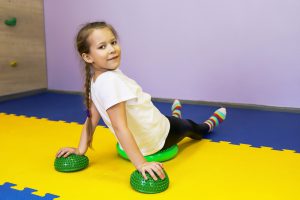
Would an OT Assessment Benefit My Child?
How to tell if your child may benefit from occupational therapy—signs to watch for and what to do next.
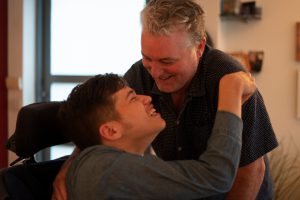
In-Home Supportive Services (IHSS): What to Know (Spanish available)
A plain-language video guide on In Home Supportive Services (IHSS) for families in San Diego and Imperial Counties—what it is, who qualifies, how to apply, and how to get the right support at home.

Procedural Safeguards: What to Know
Learn what your special education rights really mean—and how to use them when it matters most. This parent-friendly training covers procedural safeguards, dispute resolution options, and practical tips for navigating IEP challenges in San Diego and Imperial Counties.

Beyond the Basics of IEPs (Poway Unified School District)
Get a parent-friendly walk-through of Poway Unified’s IEP form—demystifying common IEP provisions one section at a time — so you can participate with clarity and confidence.

Combating Needle Fear: Tips from a Child Life Specialist (Spanish available)
Support for kids with sensory needs and needle fear. Learn calming strategies for shots and blood draws—especially helpful for children with disabilities or autism.

Pill Swallowing: Tips from a Child Life Specialist (Available in Spanish)
Learn fun, kid-friendly techniques for teaching children to swallow pills with confidence—using candy, creativity, and calm encouragement.

Tackling sleep issues
Tired of bedtime battles? This video shares simple, realistic sleep strategies for families of children with disabilities—because better sleep helps everyone.

Stuck on a waiting list?
Waiting for an evaluation, diagnosis, or therapy can feel like everything is on hold. But there are still things you can do. From checking for cancellations to exploring community-based programs and building supportive connections, there are steps you can take now.

Requesting an Assessment for Special Education
If your child is having a hard time in school—whether it’s focusing, learning, or connecting with others—you might be wondering if there’s something more going on. Asking the school for a special education evaluation can be a powerful first step.

Has your child been found ineligible for Regional Center services?
Getting a “not eligible” letter from the San Diego Regional Center (SDRC) can feel discouraging—especially when you know your child has real needs. But this isn’t the end of the road.

Applying for Regional Center services after age 3
If you’re noticing delays or facing a new diagnosis, understanding the Regional Center process after age 3 can be confusing. This guide explains what to expect, what to prepare, and how to get support—so you’re not navigating it alone.

